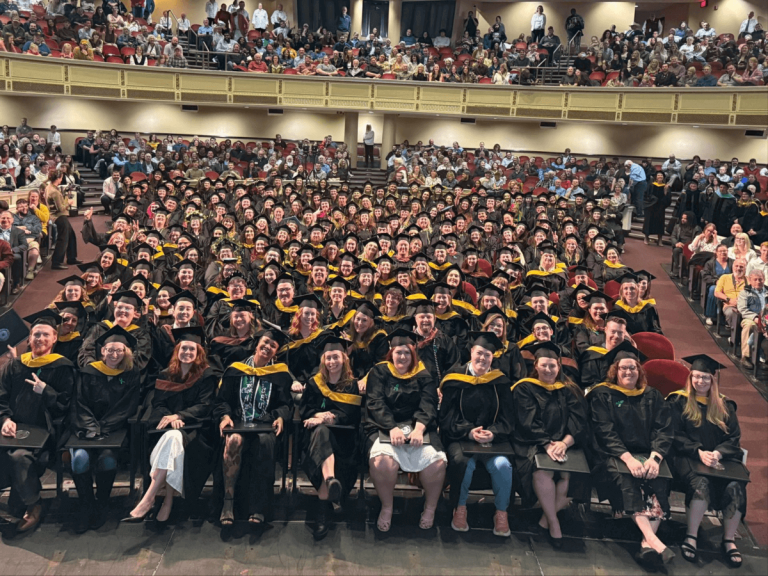Mick Womersley, Professor of Human Ecology at Unity College, will speak at “Cooperation, Community, and Complexity: Imagining a New Economy for the 21st Century” hosted by the College of the Atlantic, April 20 – 21, 2013. The two-day conference will include a variety of speakers, activities, and workshops, and takes place at the Thomas S. Gates, Jr. Community Center, located on the campus of the College of the Atlantic. The event is open to the public and free of charge.
The conference is put forth by the New Economics Institute (NEI), a recently formed US branch of the British-based New Economics Foundation, which is an independent “think-and-do tank that inspires and demonstrates real economic well being” and aims to “improve quality of life by promoting innovative solutions that challenge mainstream thinking on economic, environment and social issues” (source: www.neweconomics.org).
The sponsorship of the conference comes through the NEI’s Campus Network, a program that supports groups across some of North America’s most innovative campuses to organize “strategic summits on the New Economy”. This program provides young leaders with “trainings, access to networks, and on-going support” in order to raise awareness and establish the foundation for a path to building a sustainable economy (source: www.neweconomicsinstitute.org).
The two-day event is the first time the NEI is supporting a round of conferences with the intent to debate the economics needed in order to fix climate change. The format will be a series of discussions on both the potentials for radical change in the formal study of economics and the more informal, yet practical sorts of activism that can help foster the growth of a new set of ideas in order to build a strong foundation for our future.
Organizers asked Womersley to present at the conference, an invitation that he feels was likely inspired by either one of his two recently published articles: “A Matter of Self-Control” which was featured on Dot Earth, Andrew Revkin’s New York Times award-winning environmental blog; or Womersley’s “Green Keynesianism and green protectionism, again”, a post on Sustainability Thought and Deed, his own forum where he and his students “engage in the ongoing, formal and informal, intellectual and practical exploration of the problem of human ecological sustainability”.
“I am honored to have been asked to participate in the conference because I respect NEF’s work and believe in their mission,” said Womersley. “At Unity, we have completely divested ourselves from fossil fuels, one of the key steps that will be required to solve the climate economics problem. We are dedicated to finding solutions to the pressing environmental problems of the 21st century—the tie-in to sustainability and the College’s mission should be obvious.”
Womersley’s talk entitled “Climate Change: Which Economics Will Actually Work?” will focus on the differences and requirements of business as usual economics (including the current row between progressivism and neoclassical conservatism); ecological economics; and “green Keynesianism”. Womersley, scheduled to speak on Sunday, April at 12:00 noon, will present his topics in a forum that will invoke strong participation from attendees, thereby lending to more of a discussion format rather than a lecture.
Unity College is a private college in rural Maine that provides dedicated, engaged students with a liberal arts education that emphasizes the environment and natural resources. Unity College graduates are prepared to be environmental stewards, effective leaders, and responsible citizens through active learning experiences within a supportive community.



